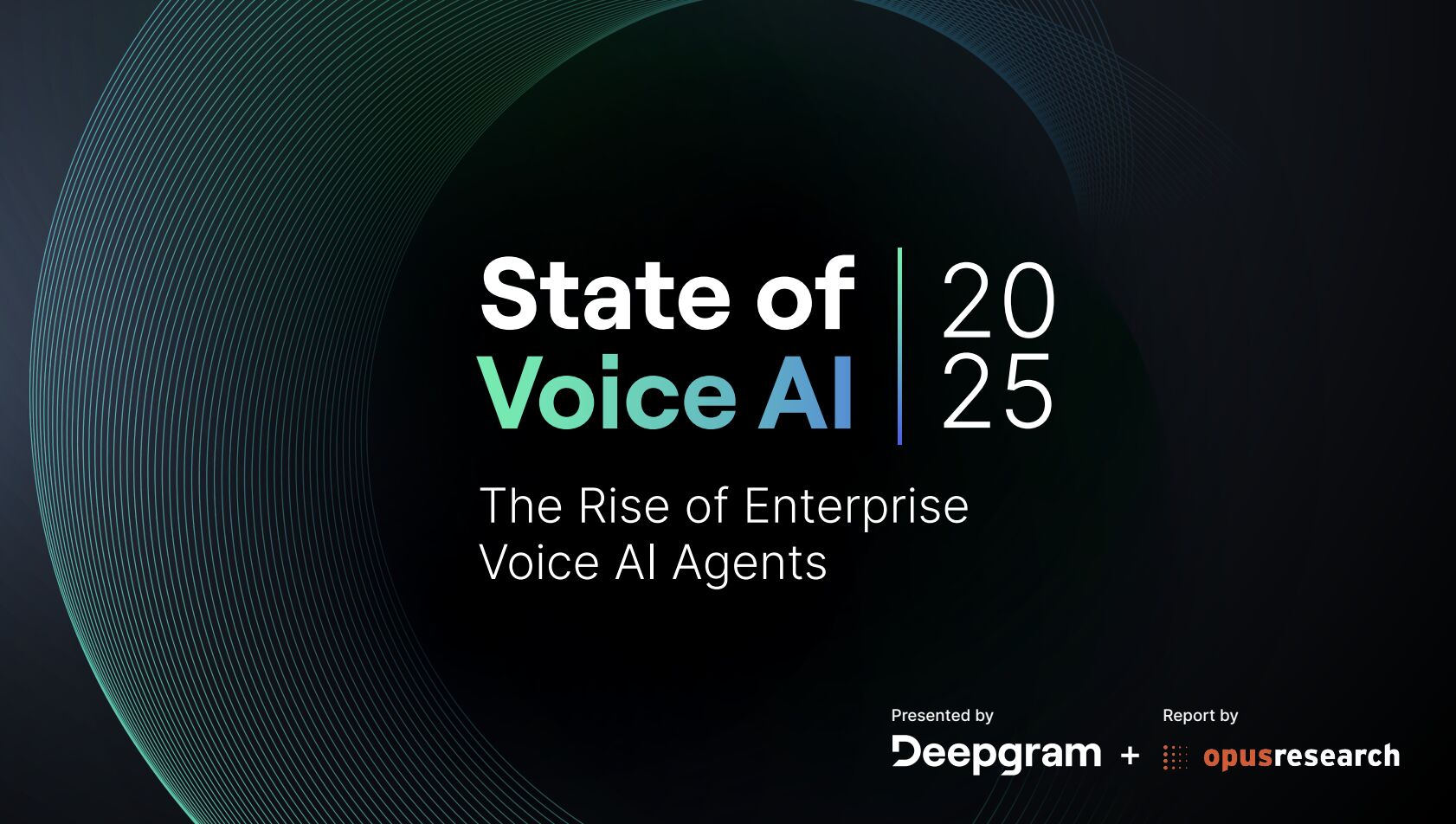Safeguarding Medicaid Expansion: Leveraging AI Amid Federal Funding Reductions

Introduction
The Affordable Care Act (ACA) significantly expanded Medicaid, providing health coverage to millions of low-income Americans. This expansion was underpinned by a federal commitment to cover 90% of the associated costs. However, recent legislative proposals suggest reducing this enhanced federal matching rate, potentially compelling states to reassess their participation in Medicaid expansion. Such a rollback could jeopardize healthcare access for vulnerable populations and strain state budgets.
In this challenging landscape, Artificial Intelligence (AI) emerges as a pivotal tool. By streamlining administrative processes, enhancing patient care, and optimizing resource allocation, AI can help healthcare systems maintain efficiency and sustainability, even amid funding uncertainties. This article explores how AI can mitigate the impacts of potential Medicaid funding reductions, ensuring continued access to quality healthcare.
1: Streamlining Administrative Processes with AI
Process: Administrative tasks in healthcare, such as eligibility verification, claims processing, and patient outreach, are often time-consuming and prone to errors. AI can automate these processes, reducing overhead costs and minimizing inaccuracies. For instance, AI algorithms can rapidly assess patient eligibility for Medicaid, ensuring timely enrollment and reducing coverage gaps.
Product: Platforms like Health Catalyst's Data Operating System (DOS) offer advanced analytics capabilities, enabling healthcare organizations to identify inefficiencies and implement corrective measures promptly. Such tools can analyze vast datasets to detect patterns, predict outcomes, and inform decision-making, leading to improved operational efficiency. According to a study by McKinsey & Company, AI could automate up to 45% of administrative tasks in healthcare, potentially saving $150 billion annually. gloriumtech.com
People: Administrative staff can leverage AI tools to focus on more complex tasks, improving overall productivity and reducing burnout. By automating routine processes, staff can dedicate more time to patient-centered activities, enhancing the quality of care.
2: Enhancing Patient Care Through AI
Process: AI algorithms can analyze patient data to predict health trends, allowing for proactive care interventions. This predictive capability enables healthcare providers to identify high-risk patients and implement preventive measures, reducing hospital readmissions and associated costs.
Product: AI-powered decision support systems assist clinicians in diagnosing and developing treatment plans, improving patient outcomes and operational efficiency. For example, AI tools can provide real-time guidance during clinical decision-making, enhancing diagnostic accuracy and treatment effectiveness. linkedin.com
People: Clinicians can utilize AI insights to provide personalized care, enhancing patient satisfaction and adherence to treatment plans. By integrating AI into clinical workflows, healthcare providers can deliver more targeted and efficient care, even with limited resources.
3: Real-World Applications and Outcomes
Case Study 1: North Carolina's Medicaid Program
North Carolina's Medicaid program piloted AI to identify high-risk patients early and target them with tailored preventive care. This approach effectively reduced hospital readmissions and costs, demonstrating AI's potential in enhancing care coordination and resource utilization. linkedin.com
Case Study 2: UnityPoint Health's AI-Enabled Care Management
UnityPoint Health implemented AI tools to identify patients at high risk for unnecessary healthcare utilization. By leveraging the Health Catalyst DOS platform, they established a unified data source across care settings. This enabled care managers to prioritize patients for engagement effectively, leading to decreased unnecessary healthcare utilization and improved care coordination.
Case Study 3: TeleTracking's Impact on Hospital Efficiency
The Maidstone and Tunbridge Wells NHS Trust in the UK implemented TeleTracking's AI-powered software to manage patient flow and bed availability. This led to a reduction in average ED wait times by one hour per patient and saved the trust an estimated £2.1 million annually. The improved efficiency also contributed to better care standards and maintained eligibility for critical funding programs.
Conclusion
The potential reduction in federal matching funds for the ACA Medicaid expansion poses significant challenges for healthcare providers and state governments. However, by embracing AI-driven solutions, healthcare systems can enhance operational efficiency, improve patient care, and mitigate financial pressures. Real-world examples underscore AI's capacity to streamline administrative processes, support clinical decision-making, and optimize resource allocation.
Healthcare leaders and policymakers must prioritize the integration of AI technologies to navigate the evolving Medicaid landscape effectively. Investing in AI not only safeguards provider reimbursements but also strengthens the overall healthcare infrastructure, ensuring resilience against future policy changes.

No Spam —
Just Good Stuff.
Join our newsletter for actionable advice, insider knowledge, and strategies that drive real results.
No fluff, just value.
.png)
%20(1).png)
From The Blog
Read All Articles
How Hybrid AI Reduces Patient No‑Shows and Burnout in Healthcare Scheduling

How Hybrid AI Voice Bots Improve CX and Agent Efficiency

Hybrid AI That Actually Streamlines Healthcare RCM—From Scheduling to Payment

Hybrid AI for Financial Services: Handling Complex Customer Service Without Losing the Human Touch

How Hybrid AI Reduces Customer Churn in Telecom and Retail

Balancing Compliance, Empathy, and Efficiency: EGS’s Hybrid AI Model in the Real World

Fewer No-Shows, Less Burnout: How Hybrid AI Fixes Healthcare Scheduling

Balancing Compliance, Empathy, and Efficiency: Inside EGS’s Hybrid AI Model

AI-human hybrid quality assurance for supply chain accuracy

AI + Human Inspectors: A Practical Path to Next‑Level Manufacturing QA

How Hybrid AI Reduces Patient No‑Shows and Burnout in Healthcare Scheduling

From Hold Music to Help: How Hybrid AI Voice Bots Elevate CX and Agent Efficiency

How Hybrid AI Reduces Patient No-Shows and Scheduling Burnout

Stop chargebacks and stockouts: AI-human hybrid QA for supply chain accuracy

AI Won't Fix Your Broken Workflows

Hybrid AI-human QA that keeps your supply chain—and schedules—on time

AI-Human Hybrid Support That Elevates Fraud Detection and Compliance

Balancing Compliance, Empathy, and Efficiency: EGS’s Hybrid AI Model Across Regulated Industries

How Hybrid AI Reduces Customer Churn in Telecom and Retail

Hybrid AI-human support that strengthens fraud detection and keeps you audit‑ready

AI-human hybrid quality assurance for supply chain accuracy

Hybrid AI That Keeps Customers From Leaving: Lessons for Telecom and Retail

AI + Human QA: Elevating Quality Assurance in Modern Manufacturing

Hybrid AI That Stops Churn in Telecom and Retail

Balancing Compliance, Empathy, and Efficiency: EGS’s Hybrid AI in the Real World

AI-Human Hybrid Support: Raising the Bar on Fraud Detection and Compliance

How Hybrid AI Reduces Patient No‑Shows and Scheduling Burnout

Stop Stockouts Before They Start: AI‑Human Hybrid QA for Supply Chain Accuracy

Balancing Compliance, Empathy, and Efficiency: EGS’s Hybrid AI Across Industries

Hybrid AI Voice Bots: Better CX, Happier Agents, and Smarter Schedules

Hybrid AI in Banking: Handling Complex Service Without Losing the Human Touch

Hybrid AI for Financial Services: Solving Complex Service Without Losing the Human Touch

How Hybrid AI Reduces Patient No-Shows and Scheduler Burnout

Hybrid AI That Actually Moves the Needle in Healthcare RCM

How AI-Human Collaboration Elevates Quality Assurance on the Factory Floor

Why Nearshore Hybrid BPOs Outperform Offshore Automation Centers

How Hybrid AI Voice Bots Elevate CX and Make Agents Unstoppable

AI‑Human Hybrid Support That Elevates Fraud Detection and Compliance

How Hybrid AI Streamlines Healthcare Revenue Cycle—Without Losing the Human Touch

AI-human hybrid quality assurance for supply chain accuracy

Why Nearshore Hybrid BPOs Outperform Offshore Automation Centers

AI + Human QA on the Line: How Hybrid Teams Raise Manufacturing Quality

Why Nearshore Hybrid BPOs Outperform Offshore Automation Centers

How AI-Human Collaboration Elevates Quality Assurance in Modern Manufacturing

Hybrid AI That Keeps Schedules Full: Reducing Patient No‑Shows and Burnout

Why Nearshore Hybrid BPOs Outperform Offshore Automation Centers

Hybrid AI That Quietly Fixes Healthcare RCM—Starting With the Schedule

How AI-Human Collaboration Raises the Bar on Manufacturing Quality Assurance

How Hybrid AI Tackles the Toughest Banking Service Moments

AI + Human QA: How Hybrid Teams Catch Defects Early and Strengthen Audits

How Hybrid AI Cuts Churn in Telecom and Retail—Without Losing the Human Touch

Hybrid AI for Financial Services: Faster Resolution, Stronger Compliance, Human-Centered Support

Hybrid AI That Fills Schedules and Eases Burnout: Reducing Patient No-Shows in Healthcare

Hybrid AI-human support that strengthens fraud detection and compliance—without breaking customer trust

AI + Humans: Elevating Quality Assurance on the Factory Floor

AI-human hybrid quality assurance for supply chain accuracy

Hybrid AI That Keeps Schedules Full—and Clinicians Fresh

AI-Human Hybrid Support: Stronger Fraud Detection and Compliance at the Contact Center

Why Nearshore Hybrid BPOs Outperform Offshore Automation Centers

From Empty Slots to Full Days: Hybrid AI Scheduling That Reduces Burnout

From No‑Shows to Full Days: Hybrid AI That Fixes Provider Schedules Without Burning Out Staff

From Empty Slots to Full Schedules: Hybrid AI That Boosts Access and Reduces Burnout

Stop the Scheduling Spiral: Hybrid AI That Fills Schedules Without Burning Out Providers

Stop Empty Slots from Fueling Burnout: Hybrid AI-Human Scheduling for Health Systems

From Empty Slots to Full Days: Hybrid AI Scheduling for Health Systems

From Hold Music to Full Schedules: Hybrid AI That Lifts Provider Productivity Without Burning Out Staff

Stop the Scheduling Whiplash: Hybrid AI That Fills Last‑Minute Openings Without Burning Out Your Staff
.png)
Stop the Scheduling Spiral: How Hybrid AI Keeps Providers Productive and Patients Seen
.png)
AI & Financial Services: Where Compliance Meets Conversation

E-commerce's Hybrid AI Advantages: From Order Status to Complicated Returns
.png)























.png)


.png)
.png)
.png)